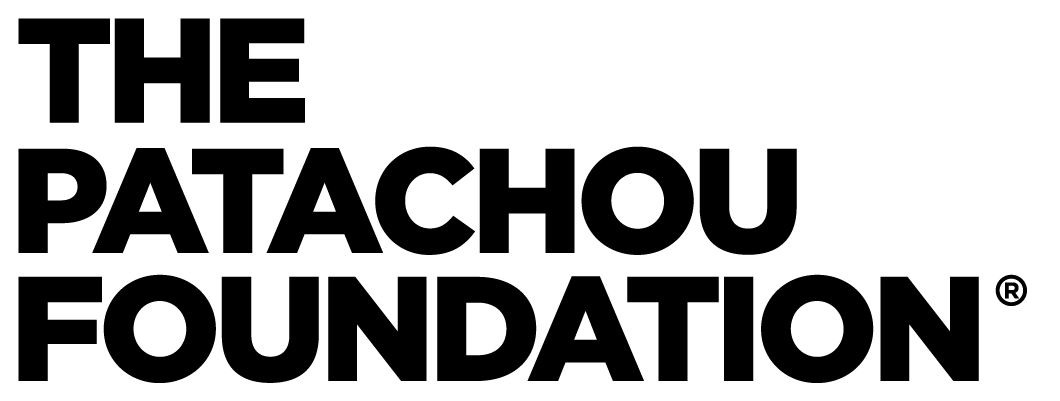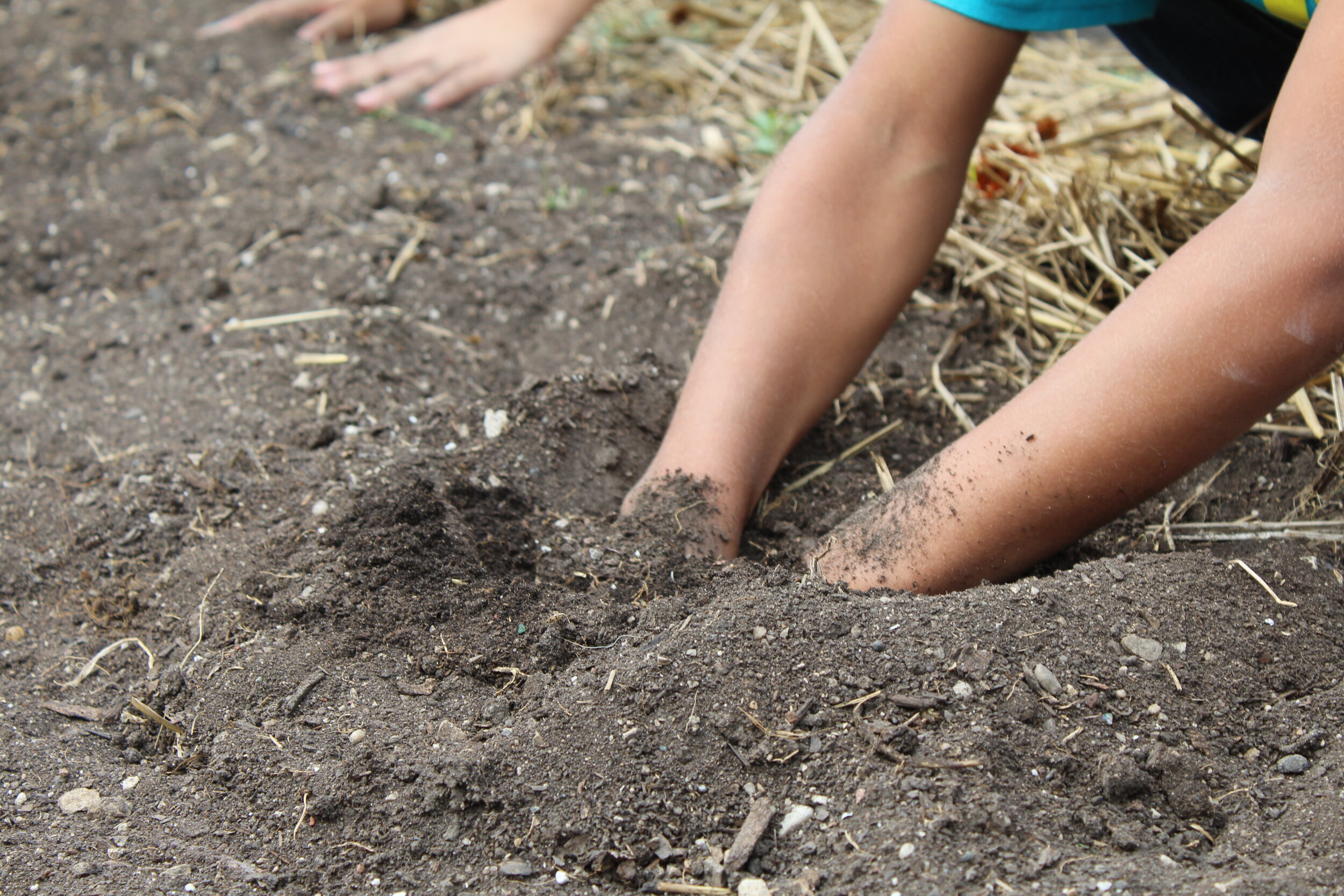Food Sovereignty and the Next Generation
by Myriah Wallace
Myriah is the Food and Community Liaison and a farmer for The Patachou Foundation. In addition to growing fresh produce for The Patachou Foundation’s scratch-made meals, they foster relationships with the communities we serve and creates educational programming surrounding the food system and food justice.
When I was a kid, I knew we had our local “Lo Bills” grocery store and a Walmart when I would visit my dad on the weekends. I had no idea, however, about the farmers that grew our food, about the injustices they often face, or how policies and structure decided by corporations and people in power would dictate my choices.
Our food system may be complex, but it’s never too early to discuss topics of social justice with the young people in our lives. In her Edutopia article Teaching Young Children About Bias, Diversity, and Social Justice, Jinnie Spiegler remarks, “Young children have a keen awareness of and passion for fairness. They demand right over wrong, just over unjust. And they notice differences without apology or discomfort.”
It’s important that we teach kids about food from all angles, especially their role in their own food sovereignty. Food sovereignty* is defined as people’s right to healthy and culturally appropriate food produced through ecologically sound and sustainable methods, and their right to define their own food and agriculture systems.
As grownups, it’s our job to make sure that when it’s time to pass the baton, we’re passing it to people who are fully equipped to tackle the issues we face regarding our food system. When we invite young people to our farm, they develop knowledge on how food grows as well as how complex this process is, creating experiences that are essential to positive relationships with food.
Discussions about and plans for creating food sovereignty in our communities need to invite kids to sit at the table with us and be an active part of these processes to learn organizational skills for leadership in the future and to give them the confidence and knowledge to become the next generation of food pioneers.
Let’s encourage young people to harness their superpowers and build food systems that can feed and support their community for generations to come.
*Food Sovereignty was developed by the international peasant group La Via Campesina and is rooted in the ongoing global struggles over control of food, land, water, and livelihoods.


